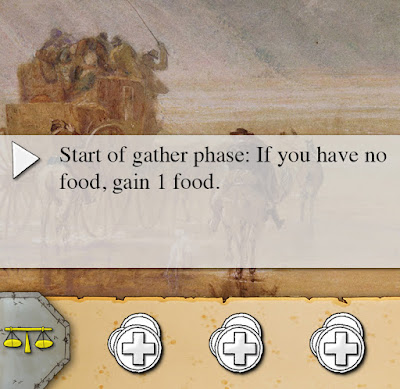How to Have a Productive Debate (and win!)
If you are debating something with someone, there are a few simple tricks to make the debate more productive for both of you and to increase the rhetorical strength of your argument.
Lesson 1: Make the smallest possible argument
Do not claim "always" if "usually" is sufficient.
Do not claim "usually" if "sometimes" is sufficient.
Do not claim "sometimes" if "it's possible is sufficient.
Do disprove a claim, you often only need to show that something is sometimes, but not always, true. For example.
Lesson 2: Agree with your opponent whenever possible
Lesson 3: Do not make irrelevent claims
More supporting arguments only adds to what you must defend in order to prove your claim. Do not add supporting arguments if they are only tangentially related. Your claim is only as strong as it's weakest necessary supporting argument, so do not add unnecessary supporting arguments that can be easily refuted or mistaken as necessary to your central claim.
Lesson 4: Do Have a Debate During a Conversation!
Most importantly of all: know when to debate. Not every interaction is a debate. Often you should put aside your desire to win a debate with a desire to better understand someone else's opinion. Or you are just talking, and should not interpret someones words as an attempt at an air tight argument, but rather just as informal small talk. Know when to debate, and when to just have an interesting conversation!


